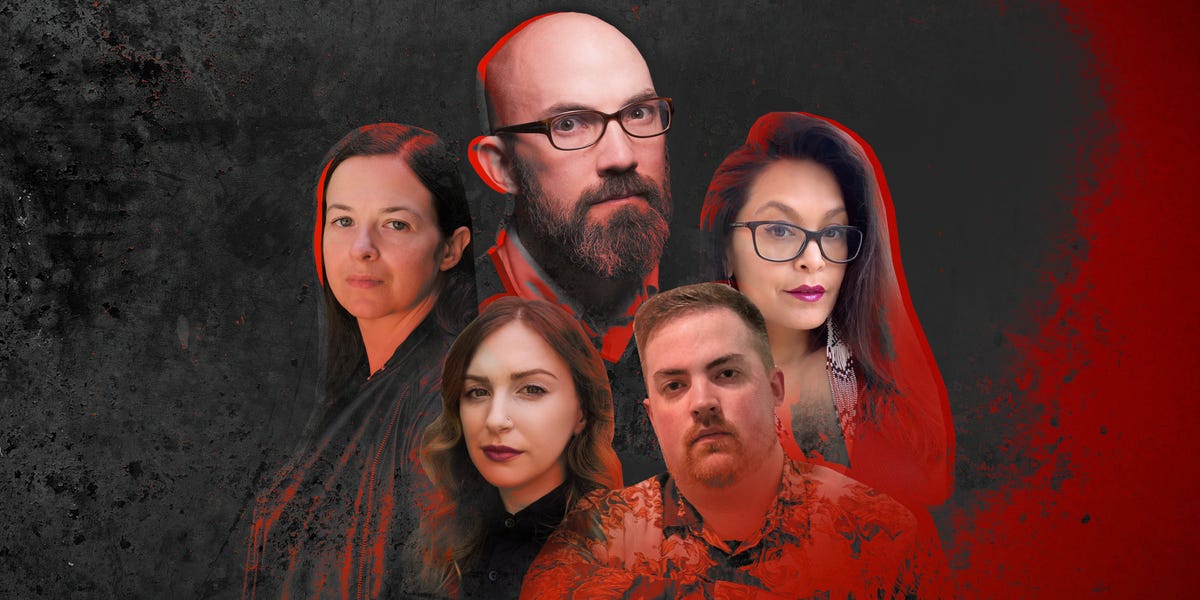Most "literary fiction" is mind-numbingly repetitive and samey; people make fun of genre fiction's "formula" plots, but how many novels do we need about a middle-aged protagonist who goes back to a place sentimentally connected with his childhood, a beach resort, a cabin in the woods, so as to mourn his dead mother or wife, and the indulge in a series of lengthy flashbacks that slowly unveil a trauma? That's why after several years staying out of genre I decided to explore it again. I think contemporary litfic is in a very unhealthy place, hopefully that'll change. In my opinion a major problem is voice: too many lauded recent novels strike as having the same narrator: emotionally detached unless he's being snarky, minimalist to the point of aphasia, short sentences, shorter vocabularies, very reportorial in tone. Voice, I think, used to be more enthralling and distinctive in the '60s to the '80s.

 www.esquire.com
www.esquire.com


